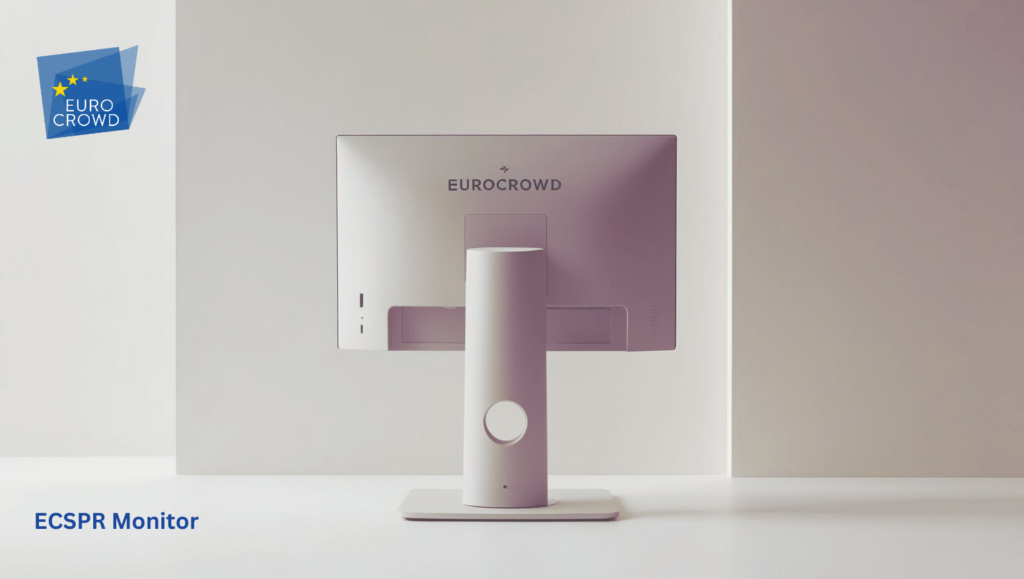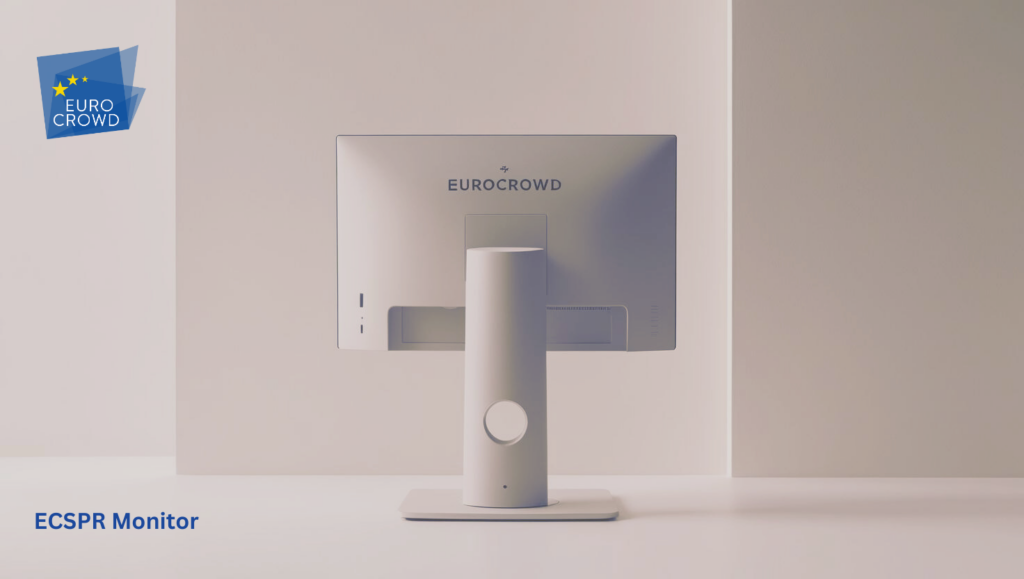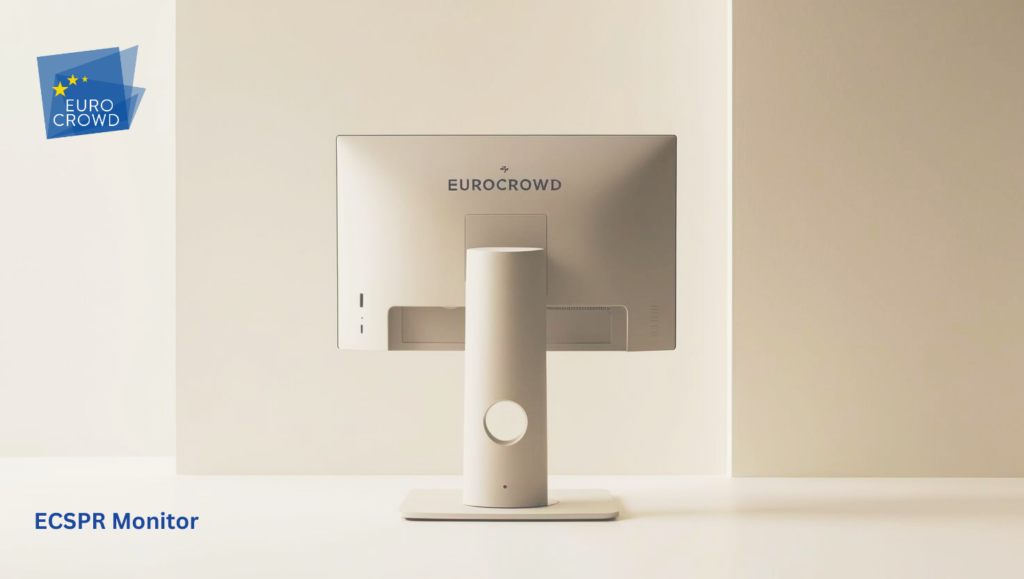The European Crowdfunding Service Providers Regulation (ECSPR) establishes clear requirements for authorizations, aiming to create a unified and secure crowdfunding environment across the EU. By mandating authorizations, the regulation ensures platforms operate within a controlled framework that promotes investor confidence and facilitates cross-border operations.
This framework underscores the importance of obtaining and maintaining authorization as a crowdfunding service provider, whether offering services locally or across EU member states. Let’s break down the critical aspects of these authorization requirements under ECSPR.
Authorization as a Crowdfunding Service Provider
Article 3 of the ECSPR explicitly states:
“Crowdfunding services shall only be provided by legal persons established in the Union and authorized as crowdfunding service providers.”
Key requirements include:
- Legal entities only: Individuals cannot operate crowdfunding services—only registered legal entities are eligible.
- Established within the EU: Providers must have a physical presence within the European Union.
- Mandatory authorization: Platforms must secure approval to operate from the competent national authority in their respective member state.
This ensures that platforms are subject to strict regulatory oversight, protecting both project owners and investors.
Defining Crowdfunding Services
Article 1 of the ECSPR defines crowdfunding services as activities that match the financing interests of investors and project owners through an online platform. These activities include:
- Facilitating loans: Connecting investors willing to lend money with project owners seeking funding.
- Placing securities: Offering transferable securities or other financial instruments for crowdfunding without guaranteeing purchases.
- Processing investor orders: Receiving and transmitting investor requests for crowdfunding-related securities.
This definition emphasizes the varied activities a platform may engage in, establishing the regulatory scope for crowdfunding services.
Scope and Limitations of Authorization
Authorization is service-specific, as outlined in Article 13. Crowdfunding platforms must adhere to the services explicitly approved in their license. If a platform wishes to expand its offerings, it must request additional authorization by providing supplementary documentation to the relevant competent authority.
Additionally, any material changes to the conditions of authorization must be reported promptly to authorities to ensure compliance and transparency.
Cross-Border Operations
One of ECSPR’s main objectives is to facilitate cross-border crowdfunding services. A platform authorized in one member state can offer its services in others by simply notifying the relevant authorities. The process requires submitting necessary information to national regulators and a central register. After confirmation or a short waiting period, the platform can operate across borders.
This streamlined approach reduces administrative burdens and fosters a pan-European crowdfunding market.
Withdrawal of Authorization
Authorization can be withdrawn under specific circumstances, such as:
- Inactivity: If a platform fails to use its authorization within 18 months of approval.
- Non-compliance: Failure to meet regulatory standards or maintain required conditions.
Platforms must remain vigilant in adhering to ECSPR requirements to avoid losing their authorization.
Right of Appeal
Member states must ensure that all regulatory decisions under ECSPR are:
- Reasoned: Decisions must provide a clear justification.
- Appealable: Platforms can challenge decisions before a tribunal, including instances where an application is not processed within six months.
This provision ensures fairness and accountability in the authorization process.
Public Register of Authorized Platforms
The European Securities and Markets Authority (ESMA) maintains a public register of all authorized crowdfunding service providers, updated regularly. This register also lists any withdrawn authorizations, which remain published for five years. The register promotes transparency and allows investors and stakeholders to verify the legitimacy of platforms.
Conclusion
The need for authorization under ECSPR is clear and non-negotiable. Whether a platform operates solely within national borders or across multiple member states, compliance with authorization requirements is essential for maintaining a secure and trustworthy crowdfunding environment. Attempting to bypass these rules to revert to pre-regulation practices undermines the progress achieved under ECSPR and poses risks to both investors and the broader industry.



